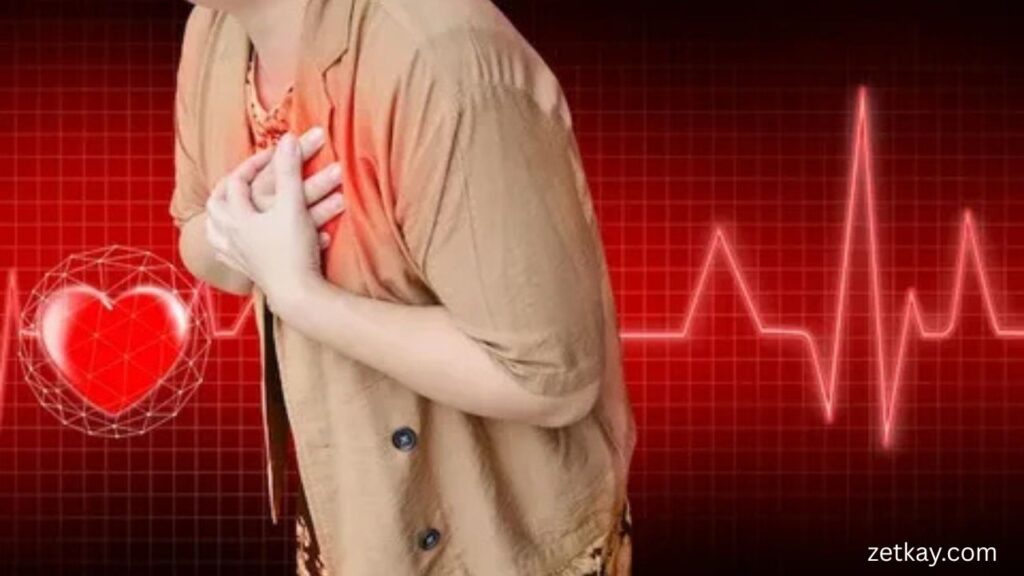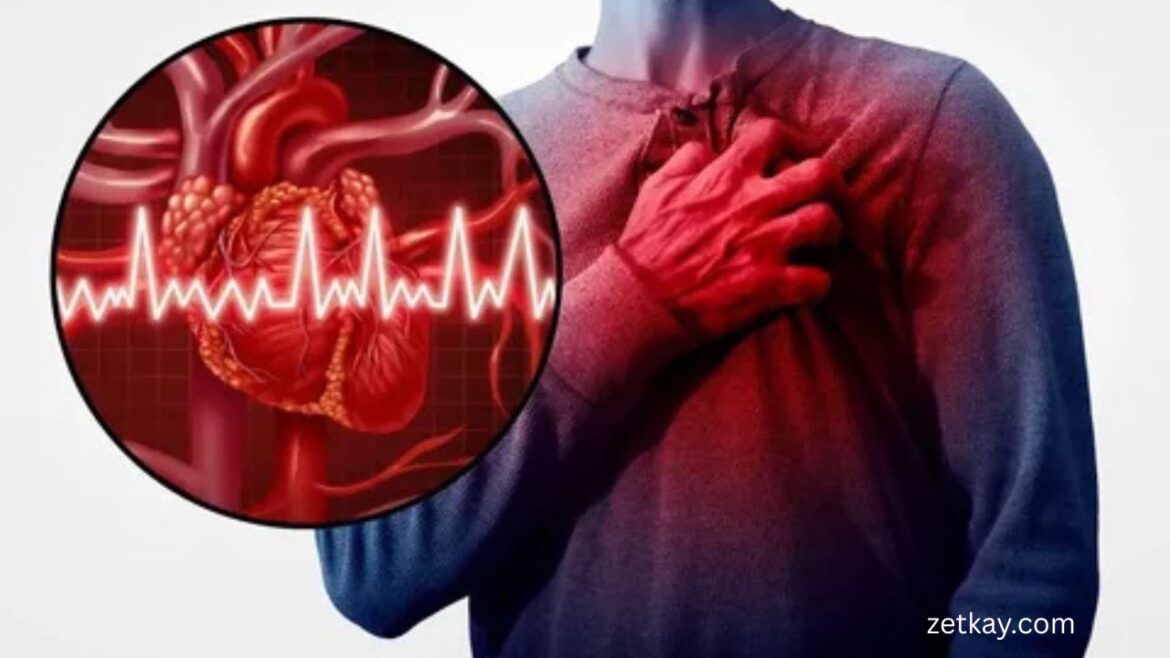Learn how to identify heart attack symptoms before it’s too late. Discover what a heart attack is, common signs, female heart attacks symptoms, causes, and how long a heart attacks lasts.
What is a Heart Attack?
A heart attack is a medical emergency that happens when blood flow to the heart is blocked. Without oxygen, the heart muscle starts to get damaged. Simply put, what is a heart attack? It is when the heart does not receive enough blood supply due to blocked arteries. This condition can be life-threatening, so quick treatment is essential.
What are the Signs and Symptoms of a Heart Attack?
People often ask, What are the signs and symptoms of a heart attack? The truth is that symptoms are not always the same for everyone. The most common signs of a heart attack are chest pain, heaviness, or a squeezing feeling. The pain can spread to the arm, shoulder, neck, jaw, or back. Other symptoms include sweating, shortness of breath, dizziness, and nausea. Recognising these early can save a life.
What Does a Heart Attack Feel Like?
You may wonder, What does a heart attack feel like. Many people say it feels like intense pressure or tightness in the chest. Some feel burning like heartburn, while others describe it as heavy. Sometimes the discomfort comes and goes, but even short episodes can be dangerous. If you ever feel this type of chest pain, get medical help immediately.

Female Heart Attack Symptoms
Women often have different symptoms from men. Female heart attack symptoms can be subtle, making them harder to identify. Instead of severe chest pain, women may feel tiredness, stomach upset, shortness of breath, or jaw pain. These signs of a heart attack in women are often mistaken for stress or the flu. Because of this, women sometimes delay seeking help, which makes the condition more serious.
Causes of Heart Attack
The leading causes of heart attack are linked to blocked arteries. Over time, fatty deposits build up in the arteries, narrowing the blood flow. If a blood clot forms, it can stop blood from reaching the heart. Other causes include smoking, high blood pressure, high cholesterol, diabetes, obesity, lack of exercise, and too much stress. Family history also increases the risk. Healthy lifestyle changes can lower these risks.
How Long Does a Heart Attack Last?
Many people ask, How long does a heart attack last. Symptoms usually last for 10 to 15 minutes or longer. Sometimes, chest pain may come and go for hours or even days. Some heart attacks are silent, with very mild symptoms, which makes them more dangerous. Even if the pain disappears, it is essential to see a doctor because ignoring it can lead to severe damage.
Why Quick Action is Important
Every minute matters when a heart attack happens. The longer the heart is without oxygen, the more damage occurs. If you or someone near you shows signs of a heart attack, call emergency services immediately. Fast medical care can save the heart muscle and prevent complications.
Conclusion
A heart attack can happen to anyone, but knowing the warning signs can save lives. Understanding what a heart attack is, learning the signs and symptoms of a heart attack, and paying attention to female heart attack symptoms are very important. Remember, prevention is possible by avoiding the leading causes of heart attack. If you ever wonder what a heart attack feels like or how long a heart attack lasts, the answer is simple: do not wait. Seek medical help right away. Acting early can make a difference.
Frequently Asked Questions (FAQs) About Heart Attack Symptoms
1. What is the first sign of a heart attack?
The first sign is usually chest discomfort. It can feel like pressure, heaviness, or a squeezing sensation. The pain may spread to the arms, neck, back, or jaw. However, some people, especially women, may not feel intense chest pain and instead notice fatigue, shortness of breath, or nausea.
2. What does a heart attack feel like in real life?
Many people describe it as a heavy weight or tight band pressing on the chest. Some feel burning similar to heartburn, while others feel sharp pain that moves to the arm, shoulder, or back. Because what a heart attack feels like can differ from person to person, it is essential not to ignore any unusual chest discomfort.
3. How long does a heart attack last?
People often ask, How long does a heart attack last. It usually lasts for more than 10 minutes and can continue until treatment is given. Sometimes, symptoms may come and go over several hours or even days before a major attack happens. Even if pain stops, you should still seek medical help immediately.
4. Are female heart attack symptoms different from those of men?
Yes. Female heart attack symptoms are often less obvious. Women may feel unusual tiredness, jaw pain, back pain, or nausea instead of severe chest pain. These signs of a heart attack in women are easy to mistake for stress, flu, or stomach problems, so awareness is critical.
5. What are the leading causes of a heart attack?
The most common causes of a heart attack include blocked arteries due to cholesterol buildup (plaque), smoking, high blood pressure, diabetes, obesity, lack of exercise, and too much stress. Family history and age can also increase risk.
6. What should I do if I think I am having a heart attack?
Call emergency services immediately. Do not wait to see if the pain goes away. Sit down, stay calm, and if advised by a doctor before, chew an aspirin. Quick treatment can save your life and prevent permanent damage to the heart.
